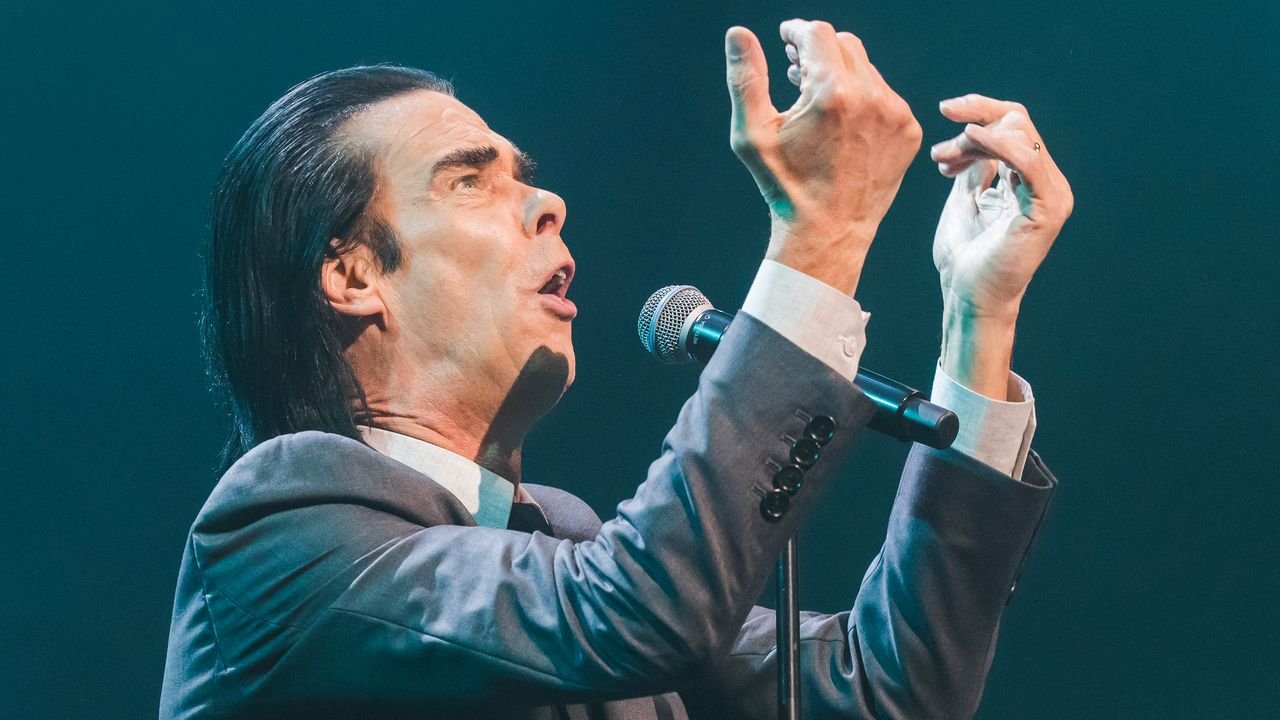Nick Cave, No Longer So Angry About AI, Shares New “Tupelo” Video Starring an AI Elvis: Watch
In a dramatic turn of events, esteemed musician Nick Cave, who once railed against the encroaching influence of artificial intelligence (AI) in the arts, has embraced the technology with open arms. His latest project, a new video for the Bad Seeds classic “Tupelo,” features none other than an AI-generated Elvis Presley. Directed by long-time collaborator Andrew Dominik, the video marks the 40th anniversary of the song and Cave’s surprising change of heart.
The Shift in Perception
Nick Cave has never been one to shy away from expressing his disdain for technology’s simulated creativity. Historically, he addressed AI as “a grotesque mockery of what it is to be human.” However, this new collaboration suggests a shift. With the video premiering on global platforms, the music industry is buzzing with speculation about the reasons behind Cave’s newfound acceptance.
Data-Driven Creativity
The intersection of AI and art is a trend that has been gaining momentum over the past few years. According to TechCrunch, the global AI in the music market is projected to grow at a compound annual growth rate of 26.3% from 2021 to 2027. The use of AI tools helps artists compose, synthesize, and even perform music, expanding creative possibilities in unprecedented ways.
Industry Trends and Opinions
The music industry is no stranger to technological advancements. Streaming services, social media, and digital music production have already reshaped how music is created and consumed. AI’s role in this evolution is increasingly prominent. Several industry experts are advocating for its potential. According to The Verge, AI could democratize music creation, allowing more individuals to generate professional-quality compositions.
Despite these optimistic viewpoints, some artists and critics still express concerns. A prevailing apprehension revolves around the authenticity of AI-generated art and its implications for human creativity. An AI-generated Elvis in Cave’s video raises questions about originality and artistic ownership.
Comparative Analysis: Human vs. AI Creativity
| Aspect | Human Creativity | AI Creativity |
|---|---|---|
| Originality | Inspired by personal experiences and emotions | Based on patterns in existing data |
| Efficiency | Time-consuming and requires skill | Can produce results rapidly |
| Emotional Connection | Often deeply emotional and intuitive | Emotionally neutral, but can mimic human sentiment |
Looking Ahead: The Future of AI in Music
As technologies evolve, so too does the relationship between artists and their tools. AI’s growing role in the music industry is indicative of broader shifts in how humanity interacts with machines. Recent projects like Nick Cave’s “Tupelo” video point to a future where AI not only supports creativity but also helps redefine it.
While the full implications of AI in the arts remain uncertain, the potential for enhanced collaboration and innovation is clear. As noted by Gizmodo, artists and tech developers alike are exploring the possibilities, seeking to forge new paths in creative expression.
Conclusion
Nick Cave’s decision to feature an AI Elvis in the new “Tupelo” video signals a paradigm shift in the music industry. This unexpected embrace of technology challenges traditional notions of creativity and encourages artists to explore the potential of AI as a collaborator rather than a competitor. The evolution is just beginning, and tech enthusiasts and artists alike should keep a keen eye on the horizon as AI continues to shape the future of music.
Related Reading
- AI’s future sparks theological and ethical debate on human dignity
- AI firm that relocated U.S. headquarters to D-FW set to be acquired for nearly $1 billion
- Alphabet’s AI push is accelerating — Is the stock a buy now?





